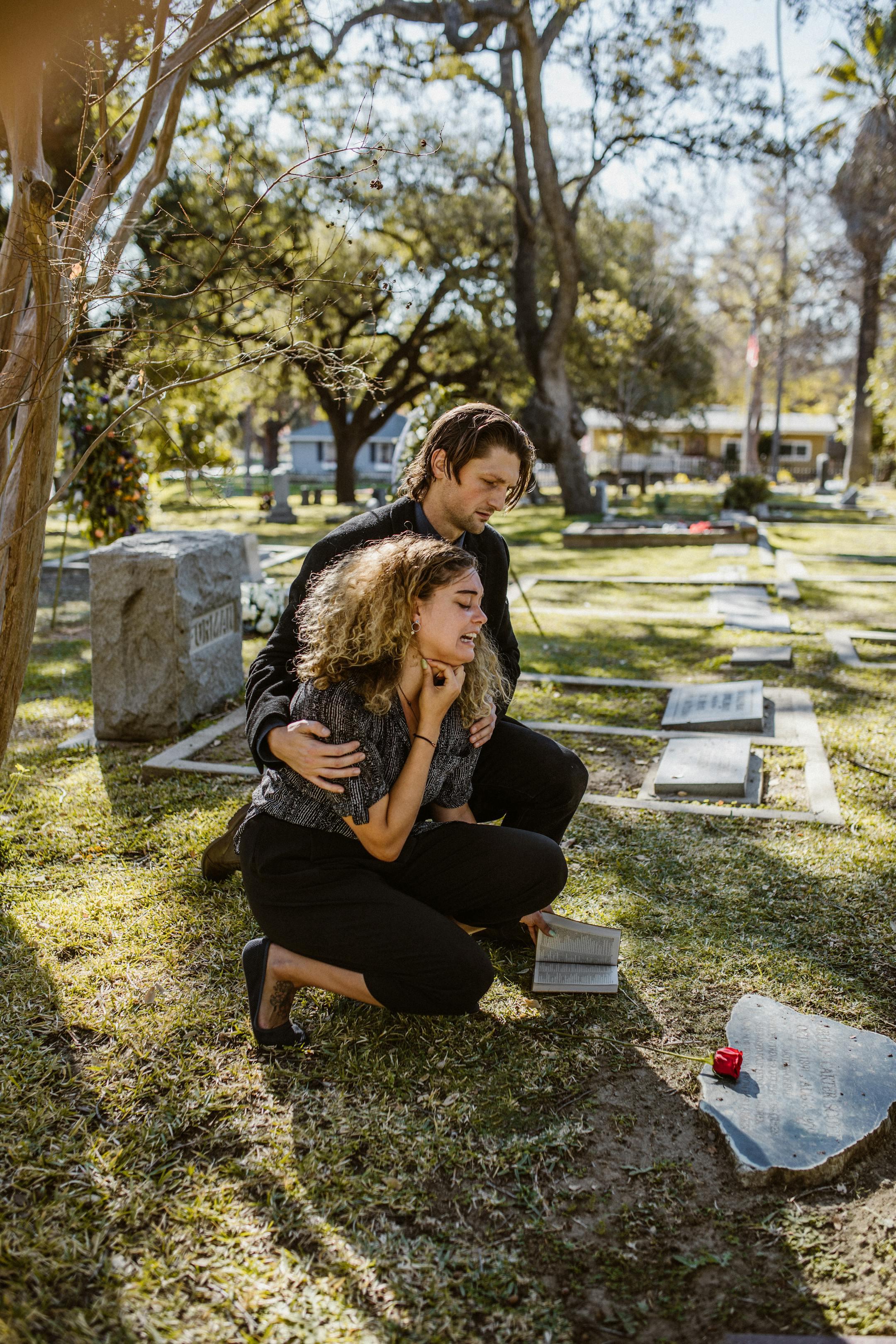
The Different Ways We Experience Grief
- Emotional Grief
Emotions during grief can be intense and unpredictable. One day, you may feel consumed by sadness, and the next, you may feel a sense of peace or relief. Crying, anger, guilt, and even moments of joy as you remember good memories are all part of the process. Allow yourself to feel everything without judgment. - Physical Grief
Grief doesn’t only affect the heart—it can affect the body too. Common physical symptoms of grief include fatigue, headaches, body aches, and changes in sleep or appetite. These are normal responses to emotional distress, and self-care during this time is essential. - Cognitive Grief
Loss can cloud our thoughts, leading to difficulty concentrating, forgetfulness, or confusion. You may replay conversations or moments with your loved one and question what you could have done differently. It’s important to be kind to yourself during these moments and avoid self-blame. - Spiritual Grief
For some, loss can lead to questions about faith, purpose, and the meaning of life. Others may find solace in their spirituality, using prayer or reflection as a source of strength. Whether you find yourself questioning or leaning into your faith, both are normal parts of processing grief.
Navigating Grief with Compassion
- Give Yourself Permission to Grieve
There’s no timeline for grief, and there’s no need to “move on” by a certain point. Give yourself permission to feel what you’re feeling without rushing the process. Grief isn’t linear—it’s a journey that will have ups and downs. - Lean on Your Support System
Reach out to family, friends, or support groups. Talking about your loss and sharing memories can be therapeutic. Sometimes, simply having someone listen without judgment can make a world of difference. - Express Your Emotions
Writing, painting, music, or even simple conversations can help you release emotions that are difficult to express. Find creative outlets that allow you to process your feelings and reflect on your memories. - Take Care of Your Body
Grieving can be physically draining, so prioritize rest, healthy meals, and light exercise. Even small steps, like taking a short walk, can improve your mood and help you feel more grounded. - Honor Their Memory
Find meaningful ways to keep your loved one’s memory alive. This could be through creating a memory box, planting a tree in their honor, or participating in an activity they loved. By celebrating their life, you can shift your focus from loss to gratitude for the time you shared together.
Finding Hope and Healing
- Focus on Small Wins
Healing doesn’t happen all at once. Some days, the smallest achievements—getting out of bed, having a conversation, or cooking a meal—are victories worth acknowledging. Recognize your progress, no matter how small. - Practice Mindfulness and Reflection
Mindfulness practices, such as meditation or deep breathing, can help calm overwhelming emotions. Reflection through journaling allows you to process your thoughts and see how far you’ve come in your healing journey. - Give Yourself Grace
There will be moments when you feel like you’ve made progress and others when the grief hits you all over again. Be patient with yourself during setbacks, knowing they are part of the process. - Seek Professional Help When Needed
If grief feels unbearable or begins to interfere with daily life, seeking help from a therapist or counselor is a sign of strength. They can provide coping mechanisms and emotional support tailored to your needs. - Hold on to Hope
It’s okay to feel like the pain may never go away, but healing doesn’t mean forgetting—it means learning to live alongside the loss. Over time, the pain will soften, and you’ll find moments of peace, joy, and purpose again.
Conclusion
Grieving is a deeply personal journey, and no two experiences are the same. What’s important is to honor your feelings, give yourself time, and embrace the support around you. In Choices: A Journey to Uncharted Purpose, I reflect on how challenges and loss shape the path we walk, but they also provide opportunities for reflection, resilience, and renewed purpose.
As you navigate this difficult journey, remember that grief is a testament to the love you shared. Though it may feel overwhelming, within you lies the strength to heal, grow, and carry their memory forward.
Each day, take small steps toward healing. Let yourself grieve, but also let yourself smile when you remember the beautiful moments. You are never alone on this journey—there is light waiting beyond the darkness.
Let’s support each other in the comments: What’s one way you’ve found comfort or healing after loss? Sharing your experiences can inspire someone else in their time of need.
Dedication and Loving Memory
This weeks blog post is dedicated to my nephew Nolan Coffland who had passed on February 6, 2025, only 16 years young in a ATV accident. To the mother (my amazing neice), father, grandparents (my sister and brother-in-law), and to the rest of my family, and others that held a close place in their heart for Nolan, I hope you can find peace and comfort. He will always be remembered, missed anbd forever loved. Miss and Love you buddy!